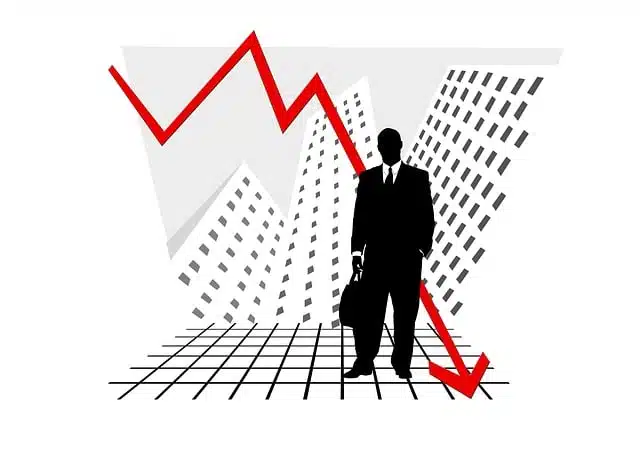
When expenses exceed income, a deficit occurs.
A deficit (from the Latin deficere , which can be translated as "lack" ) is the scarcity , impairment or deficiency of something that is needed or that is considered essential. The term can be applied to different products or goods, from food to money. It is used above all in a commercial context, in the field of companies and States.
For example: "The government is worried about the oil deficit" , "The company has a significant liquidity deficit that makes it difficult for us to pay salaries" , "The lack of qualified teachers is the main deficit of this town" .
Budget deficit
The notion of budget deficit , which is associated with Public Administration, occurs when the expenses incurred by the State are greater than its income during a certain period of time. The public deficit , therefore, is the balance of the accounts of the various public administrations of a country , from the national to the municipal.
That said, it should be noted that whenever the term deficit is used, one is thinking about the lack of an important good for subsistence, because one does not have enough money to acquire it, and above all it is about state goods, or a deficiency in the supply of goods from the State to the society in question; When the balance is made and in the absence of a good distribution of the budget in the acquisition of goods and services , a negative balance is reached. In any case, the term can also appear to refer to a person's poor management of their economy and that prevents them from accessing certain goods or services that could be essential (such as health or food, among others).
If the government does not manage to contract more debt (that is, they do not lend it more money) and it no longer has reserves to meet its expenses, it will only be able to attack the deficit if it goes into debt with the country's own central bank.

The deficit can be commercial, fiscal or other types.
When spending exceeds revenue
It should be noted that a State is said to have a fiscal deficit when, over a given time cycle, it has spent more money than it has collected in a certain sector of public administration. On the other hand, if we talk about public deficit, we are referring to a deficiency in the balance of all sectors of the Public Administration .
To know the balance of the national accounting, a series of formulas and accounting balances are used that allow us to know the country's budget deficit. These formulas take into account: on the one hand, those obligations that the State has contracted, and on the other, the payments that have been made. To know the result, the ratio is used, which allows us to know the deficit over the Gross Domestic Product.
Trade deficit and balance of payments
The balance of payments (or balance of payments ) is the accounting report that is responsible for keeping track of the movement of capital and the trade operations carried out by citizens of a country with foreign countries. The difference that arises between the income obtained from abroad and the payments made outside the national territory is known as the balance .
When this difference is negative, we speak of a trade deficit . On the other hand, if the difference is positive, we are facing a surplus situation.
Finally, it is worth mentioning a term that is related to deficit, trade balance , and which is also of great importance. It refers to the record of imports and exports that a State has and the economic balance as far as these negotiations are concerned. That is, the difference in the balance of both types of transactions. If the amount of goods that the State exported is greater than the amount it imported, it is facing a trade surplus.
To combat the deficit, States carry out plans in the economy that include adjustments in the public sector, such as a decrease in salaries for employees in this sector or elimination of expenses that are considered superfluous, among other implementations.
